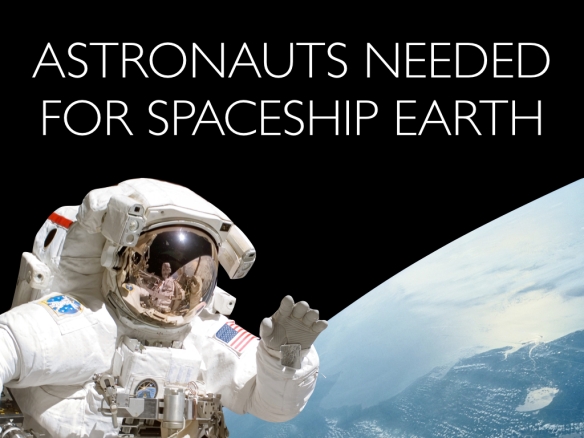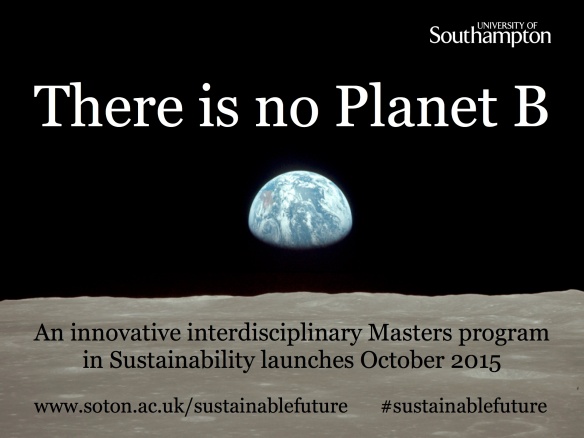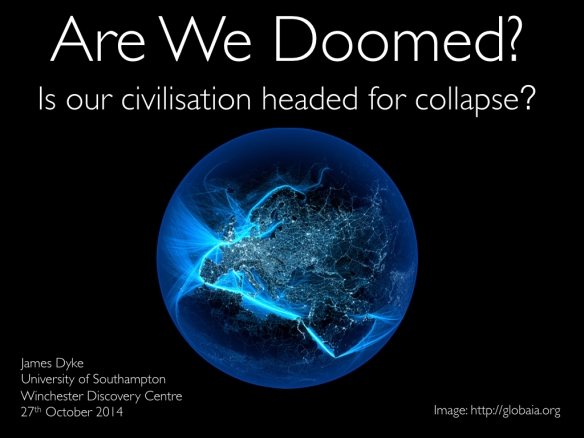It’s there in plain sight. It always was – they never even tried to hide it.
“Should we cut things now and then go back later and try and restore them?” Cameron asked. “I think we should try to avoid that approach … people should open their minds and find new ways of doing more for less. We’re going to have to change the way we work. How can we do things differently and better to give the value for money?”
Prime Minister David Cameron, August 2010.
The UK is about to embark on something of an experiment. It can be described as: “just how bad would austerity have been if the Liberal Democrats weren’t in government and had been acting as a moderating influence?”. The results aren’t a day old and already there have been announcements for some of the £30billion reductions in government spending to be carried out over the next five years. This requires fast-tracking £12billion cuts to welfare and will include taking away housing benefit for unemployed (sorry ‘job seekers’) under the age of twenty one.
Pensions and public spending will be coming soon I’m sure. “More for less” That’s more for the wealthiest and less for the poor. That’s been the story of five years of austerity. The number of food banks in the UK has ballooned whilst the wealth of the top 1000 wealthiest in the UK has doubled over the past 10 years.
This is the stability and economic recovery that the Conservative party campaigned on. And won.
These are some of the other issues that the Conservative party will now very likey to act swiftly upon given their majority in the Houses of Parliament.
- Pass into law the “snoopers charter” that would make mobile phone and internet provider companies legally obliged to store information about your use of their services for 12 months. This will further continue the UK’s mass surveillance programs such as Tempora.
- Scrap the Human Rights Act.
- Further increase corporate power by establishing TTIP (Transatlantic Trade and Investment Partnership).
- Accelerate the privatisation of the NHS.
A Conservative government is verly likely to continue to “cut the green crap” by reducing taxation on fossil fuels, make the UK Government legally obliged to exploit oil and gas, block onshore wind farms, promote fracking and sell our national forests.
I gave up on the general election result around 6:30am Friday morning. It would be easy for me to now give up on the issues I’ve listed above. I think it’s a reasonable response to feel utterly defeated and begin to try to convince myself that it’s not really that bad. I mean, I will be OK. Right?
I can’t say why the Conservatives exceeded all expectations and are now in a strong position to implement their manifesto. Some argue that they are able to appeal to moral values more effectively. It isn’t just about pounds and pence but that shared vision of what would make Great Britain greater. Better.
“Insanity is repeating the same mistakes and expecting different results.” More austerity from a now unshackled Conservative government will not make the UK any better. It will only serve to make it much, much worse.
What are you going to do about that?





